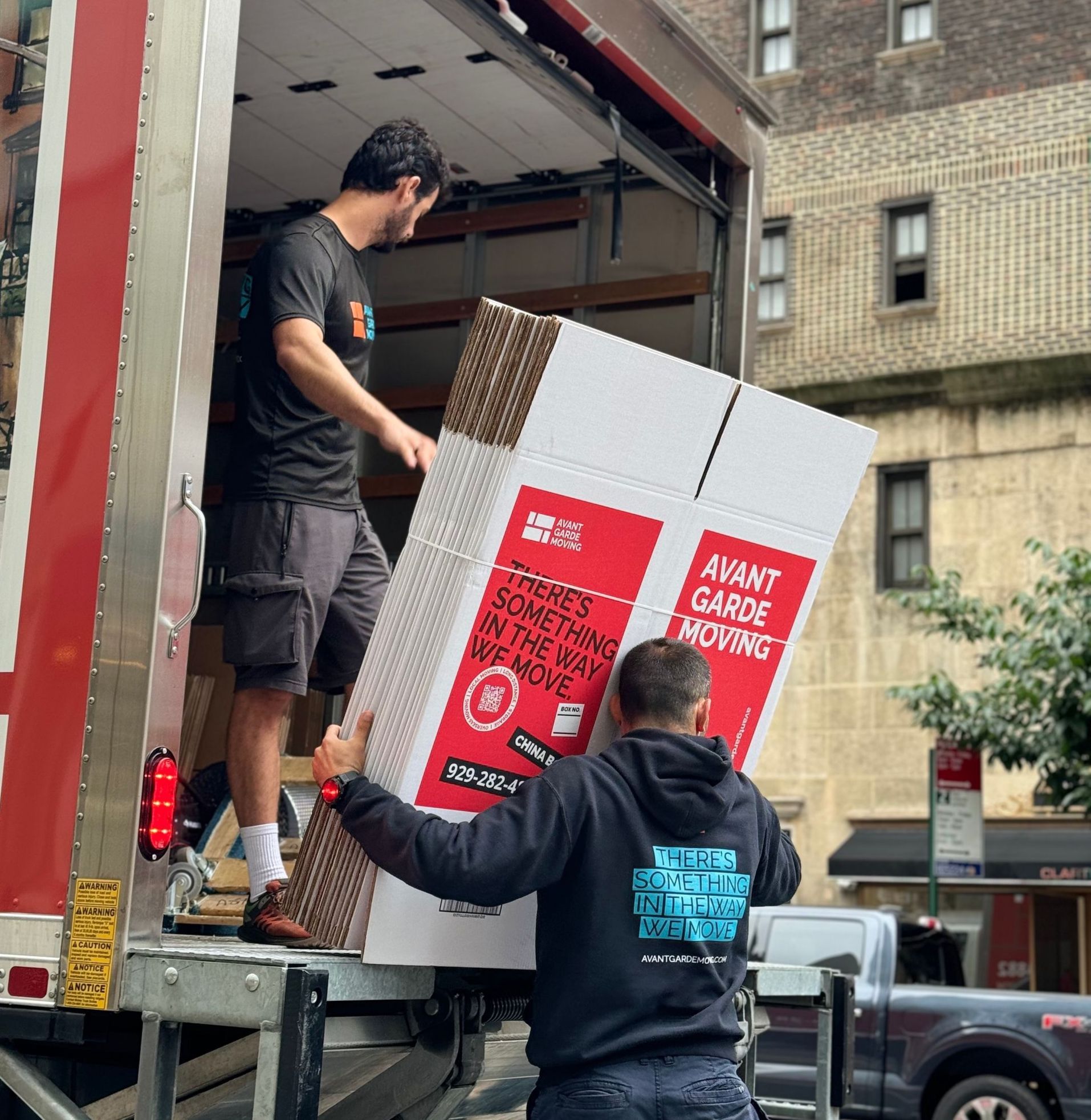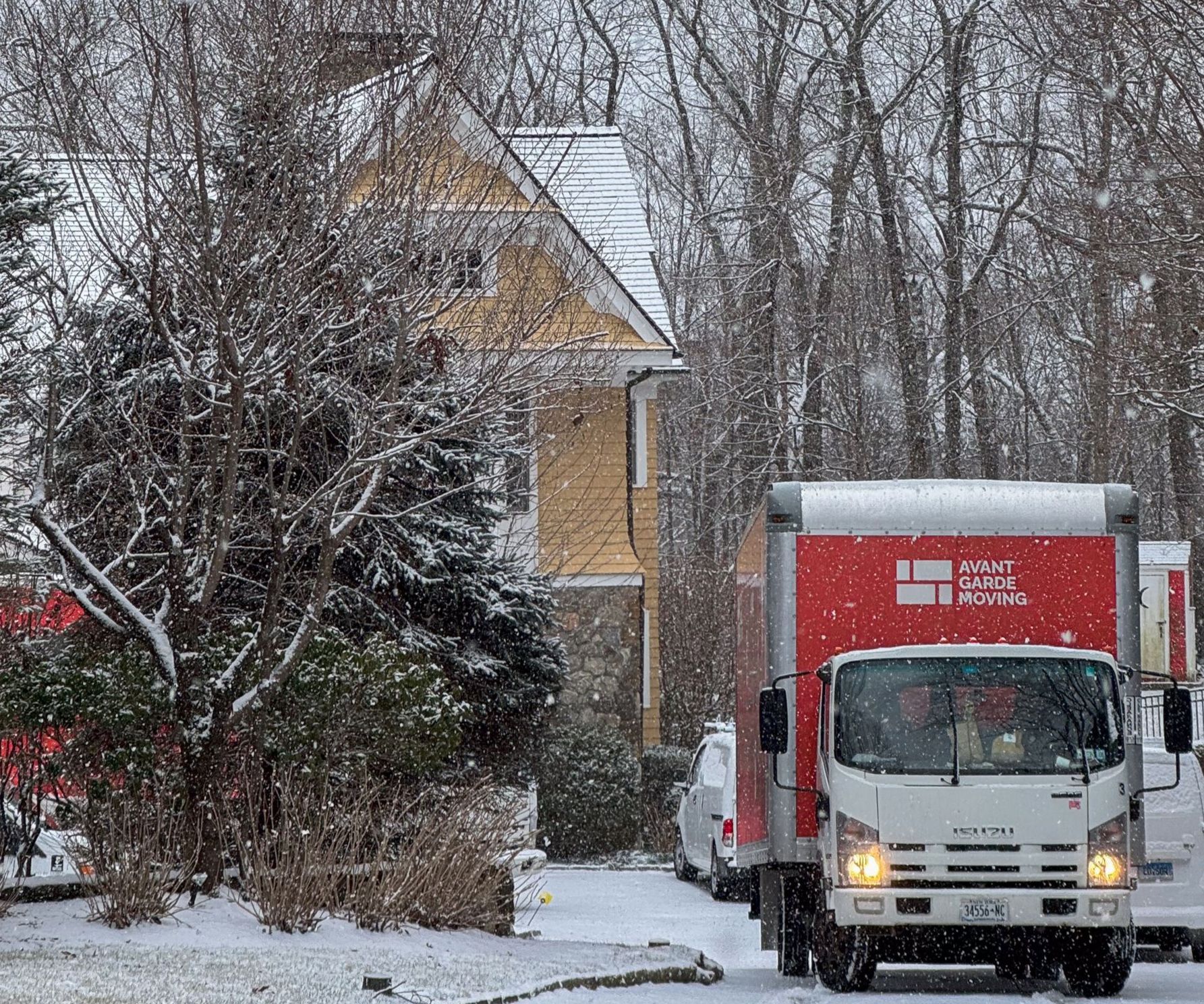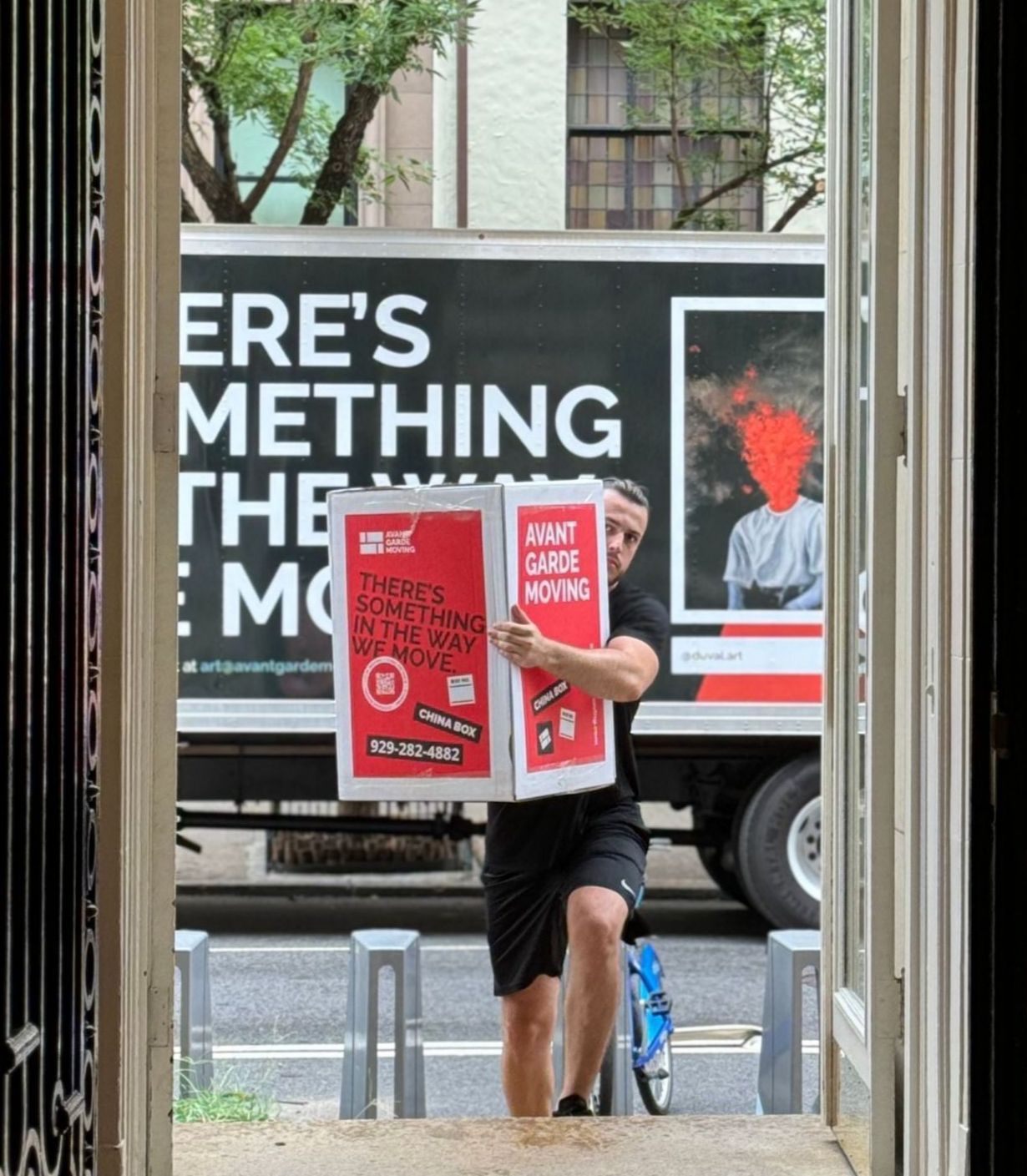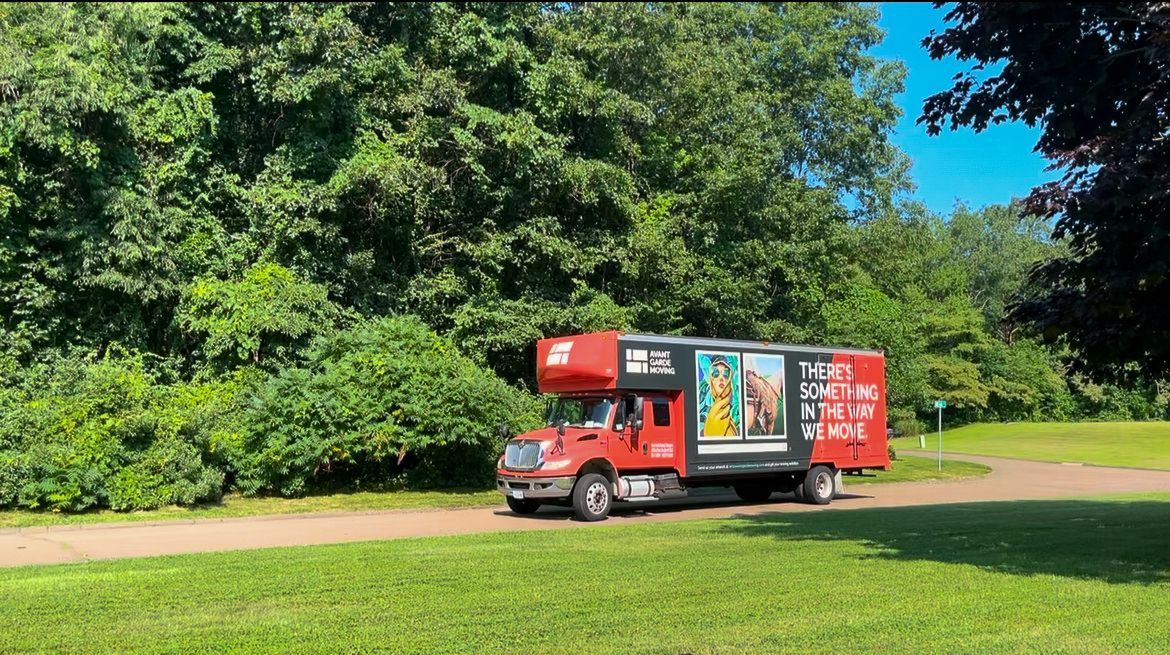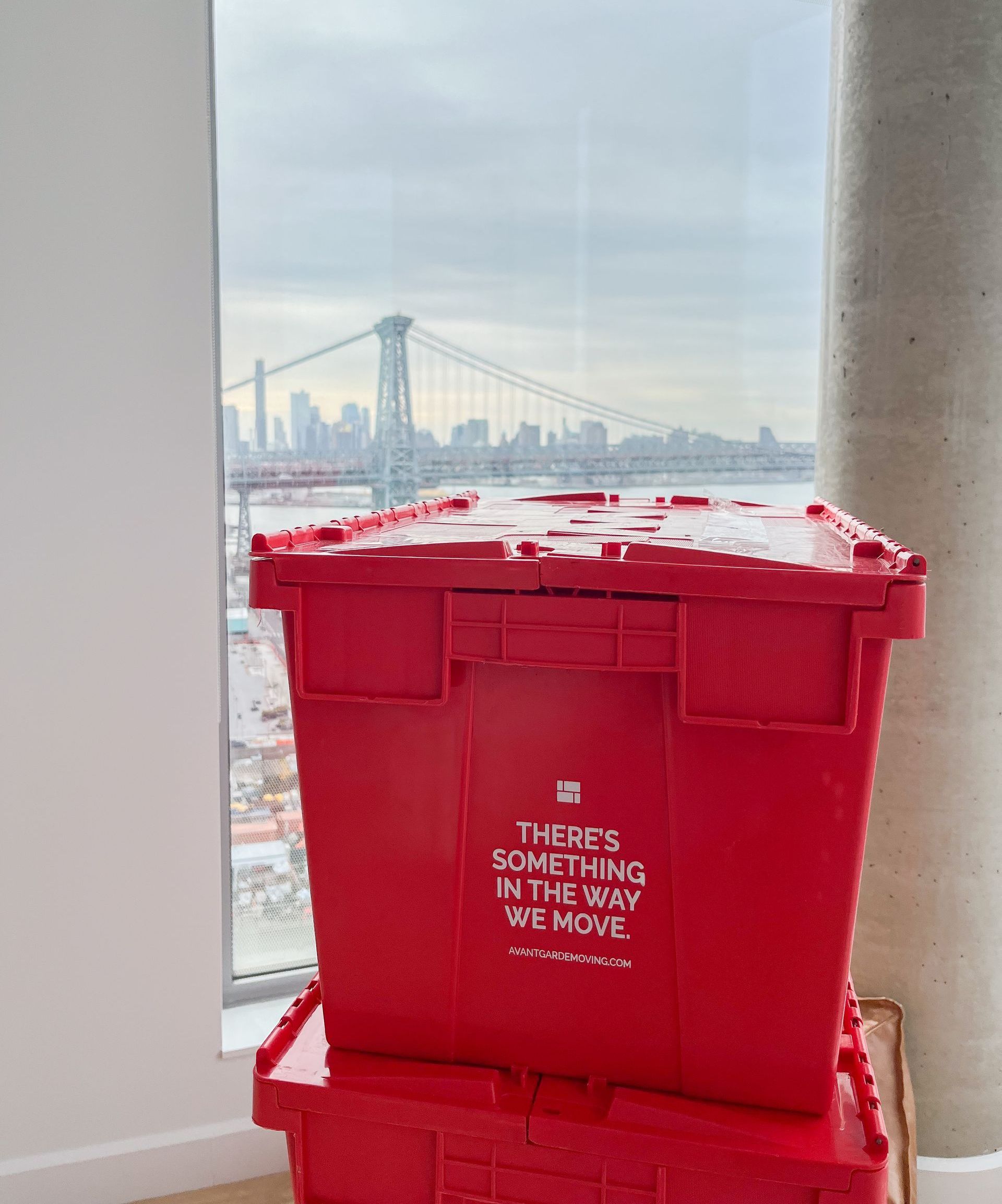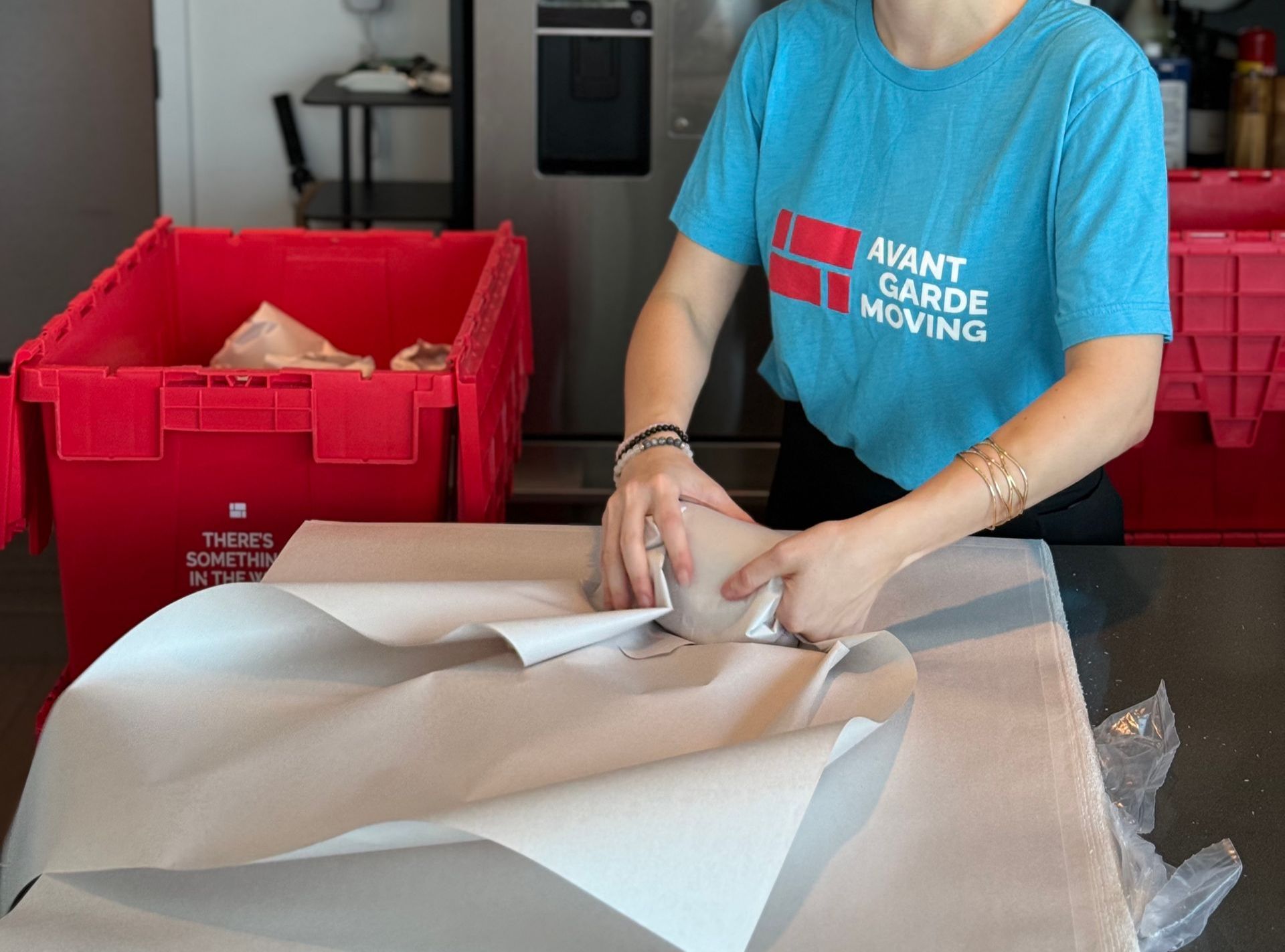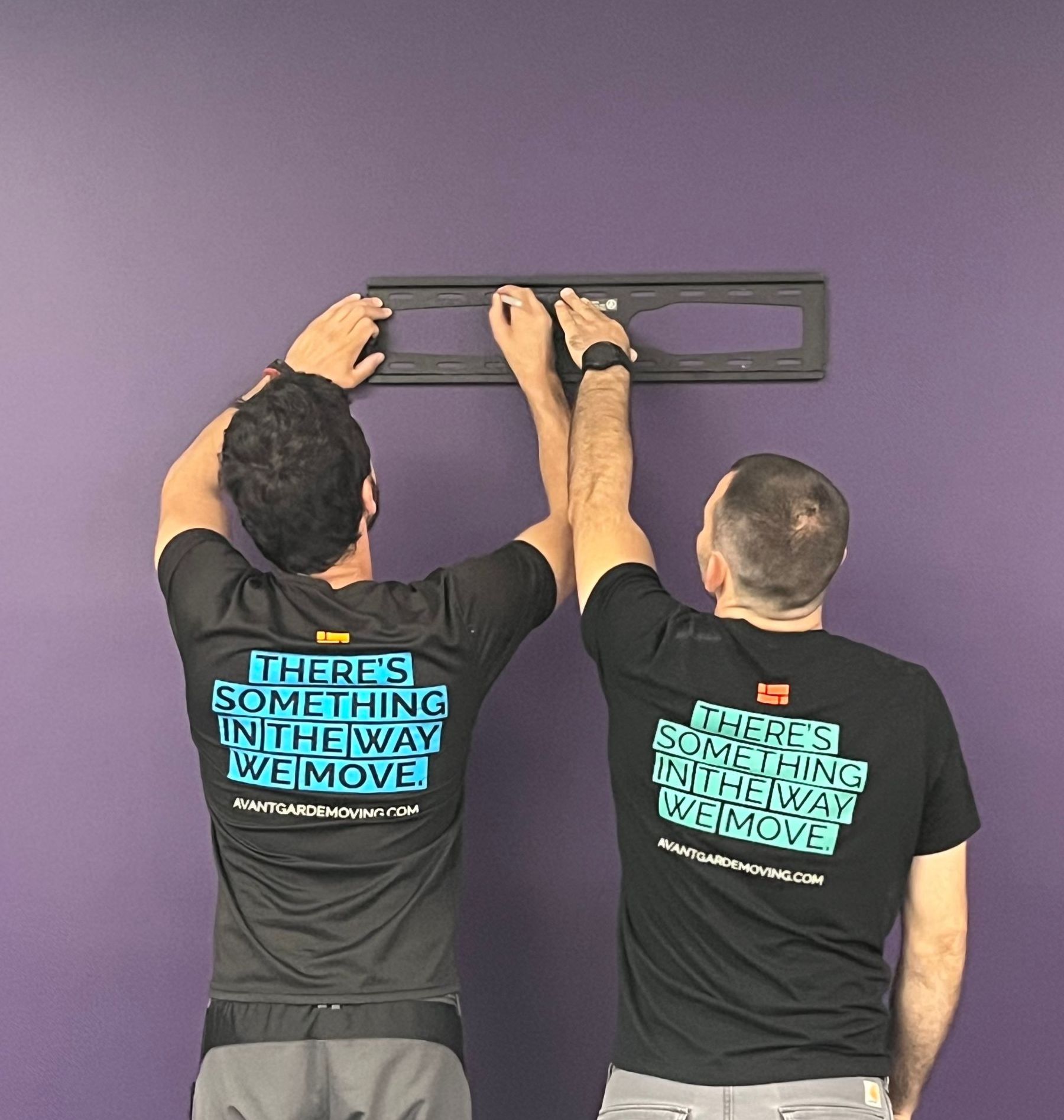Moving Before or After House Closing: What You Need to Know

Navigating the world of real estate can be a complex task.
One of the most crucial aspects is understanding house closing timelines.
This process, which typically spans 30 to 45 days, involves numerous steps. From financing and inspections to final walkthroughs and legal paperwork, it's a whirlwind of activity.
But when should you plan your move? Is it better to relocate before or after the house closing?
In this article, we'll delve into these questions, providing you with a comprehensive guide on house closing timelines.
Understanding House Closing Timelines
House closing, also known as settlement, is the final step in a real estate transaction.
It's the process where the buyer and seller finalize the paperwork, transfer the property, and exchange funds.
Buyers typically close on a house 30 to 45 days after accepting the offer.
Financing, home inspections, appraisals, and title searches can affect the timeline for buying a home. These factors can impact how long the process takes.
Here's a general breakdown of the house closing timeline:
- Day 1-3: The buyer's offer is accepted, and the escrow account is opened.
- Day 4-15: The home inspection is conducted, and any necessary negotiations take place.
- Day 16-30: The lender completes the home appraisal, and the loan is processed.
- Day 31-45: The title search is completed, the final walkthrough is conducted, and the closing documents are signed.
Remember, this is just a general timeline. Each real estate transaction is unique and can have its own set of challenges and delays.
Key Factors Affecting Your House Closing Timeline
Several factors can influence your house closing timeline.
One of the most significant is the type of financing. For instance, conventional loans typically have a shorter closing timeline than government-backed loans like FHA or VA loans.
Another factor is the home inspection. If the inspection finds big problems, it might mean more talks or even canceling the deal, which could take longer.
The appraisal process can also affect the timeline. If the appraised value comes in lower than the sale price, it could lead to renegotiations or the need for a second appraisal.
The title search may cause delays if it finds any liens, easements, or other issues. You must resolve these issues before transferring the property.
The Pros and Cons of Moving Before Closing
Moving before closing can have its advantages. For one, it can provide a smoother transition, especially if you have sold your previous home and need a place to stay. It can also give you a head start on unpacking and settling into your new home.
However, moving before closing comes with risks, including potential delays in the closing process. Moving delays are common, especially during peak season. If you’re flexible, you may want to consider an off-season move for more availability and better pricing. Read more on The Advantages of Moving in the Off-Season. This is where Avant-Garde Moving & Storage can help! We understand the tight timelines associated with moving before or after closing. Our experienced movers can work with you to develop a flexible moving plan that fits your schedule and needs.
Avant-Garde Moving & Storage offers a variety of services to make your move easier, including:
- Packing and unpacking: Our expert packers will pack your items carefully to make sure they arrive safely at your new home. We can also unpack your boxes and arrange your furniture in your new space.
- Loading and unloading: Our experienced movers will carefully load and unload your belongings from the moving truck.
- Storage: If you need temporary storage for your belongings before or after your move, Avant-Garde Moving & Storage offers secure and climate-controlled storage facilities.
We understand that moving can be a stressful time, and we are here to help make it as smooth and efficient as possible.
If you are considering moving before closing, be sure to weigh the pros and cons carefully. Avant-Garde Moving & Storage can be your partner in making this transition a success.
The Pros and Cons of Moving After Closing
Choosing to move after closing is often the safer option.
Once the closing process is complete, you are the legal owner of the property. This eliminates the risk of having to move out if the deal falls through.
Additionally, moving after closing allows you to avoid any liability for damages that might occur before the closing date.
However, this option also has its drawbacks.
If there's a gap between your closing date and the end of your current lease or sale of your existing home, you might need to find temporary housing. This can lead to additional costs and stress.
Before closing, consider these factors and choose what works best for you in regards to movin
How to Prepare for Closing Day: A Checklist
Closing day can be a whirlwind of activity.
To help you stay organized and ensure you don't miss any crucial steps, here's a simple checklist to follow:
- Review your closing disclosure: This document outlines your loan terms and closing costs. Make sure everything matches your loan estimate.
- Bring necessary documents: This includes your ID, proof of homeowners insurance, and any other documents your lender requires.
- Prepare funds for closing costs: You'll typically need to bring a cashier's check or arrange a wire transfer to cover your closing costs.
Remember, preparation is key to a smooth closing process. Check out our blog post - "How to Prepare for a Move." It contains a detailed checklist that will make your move easier. This additional resource can help you stay organized and manage the logistics of your move, taking some of the stress out of closing day.
Coordinating Your Move with the Closing Timeline
Coordinating your move with the closing timeline can be a delicate balancing act.
You'll want to avoid moving too early, as this could lead to potential liability issues. On the other hand, waiting too long could result in a rushed and stressful move.
The key is to stay flexible and keep open lines of communication with all parties involved. This way, you can adjust your moving plans as needed to align with the closing timeline.
Dealing with Delays and Unexpected Issues
In 2025, house closing delays in NYC remain a common challenge, especially due to increased lender processing times, stricter loan underwriting, and last-minute title issues. With rising demand and fluctuating interest rates, many homebuyers are experiencing longer closing periods than in previous years.
It's crucial to have a contingency plan in place to handle these potential setbacks. This could involve having temporary housing options or flexible moving arrangements.
Avant-Garde Moving & Storage can also be your partner in navigating these hurdles. We offer secure, climate-controlled storage-in-transit solutions. This means your belongings are loaded onto the moving truck, taken to storage, and then delivered directly to your new home once closing is finalized.
Remember, patience and flexibility are key during this process. With the right preparation and mindset, you can navigate through any challenges that come your way.
Conclusion: Making an Informed Decision on Your Move
Understanding the house closing timeline is crucial to making an informed decision about your move. It helps you plan and prepare for the transition, reducing stress and uncertainty.
Remember, every situation is unique. Consider your personal circumstances and consult with professionals to make the best decision for your move.
